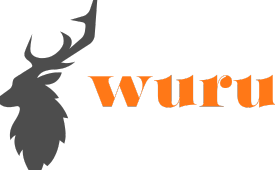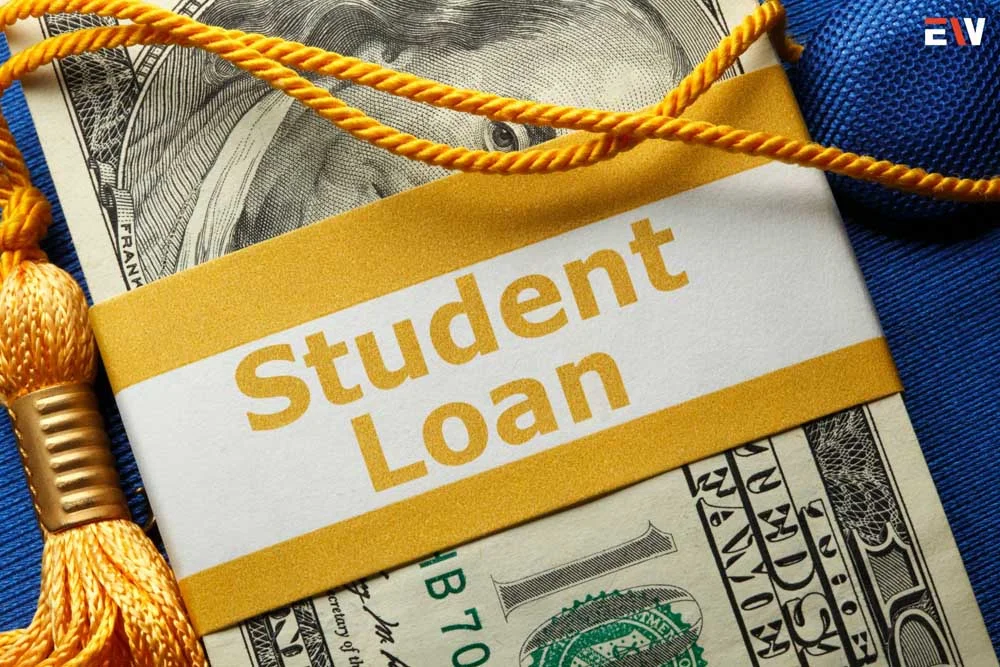Personal loans are one of the most common types of loans available to individuals, offering flexible borrowing options for various needs. Whether you’re looking to consolidate debt, cover an emergency expense, or fund a major purchase, a personal loan can be a great solution. This article will walk you through the types of personal loans, their benefits, and the factors that lenders consider when determining loan eligibility.
What is a Personal Loan?
A personal loan is a type of unsecured loan, meaning it doesn’t require collateral. These loans are typically used for personal expenses, such as home improvements, medical bills, or consolidating debt. The loan amount, interest rate, and repayment terms vary depending on the lender and the borrower’s financial situation.
Types of Personal Loans
- Unsecured Personal Loans Unsecured personal loans are the most common type of personal loan. They do not require collateral, and lenders rely on your creditworthiness to determine eligibility. These loans often come with higher interest rates compared to secured loans due to the increased risk for the lender.
- Secured Personal Loans Secured personal loans are backed by collateral, such as a car or a house. Because the lender has something to repossess if the loan is not repaid, the interest rates on secured loans are generally lower than those on unsecured loans.
- Debt Consolidation Loans Debt consolidation loans are a type of personal loan specifically designed to help borrowers combine multiple debts into one loan. This can simplify your finances by reducing the number of monthly payments you have to manage and often comes with a lower interest rate.
- Co-Signed Loans A co-signed loan is a loan in which another person, such as a family member or friend, agrees to take on the responsibility of repayment if the primary borrower defaults. Co-signers are typically needed when the borrower has little to no credit history or a poor credit score.
Benefits of Personal Loans
- Flexible Loan Amounts Personal loans offer flexibility in the amount you can borrow. You can typically borrow anywhere from a few thousand dollars to tens of thousands, depending on the lender’s policies and your financial situation.
- Fixed Interest Rates Many personal loans offer fixed interest rates, meaning your monthly payments will remain the same for the duration of the loan. This can help you budget more effectively.
- Debt Consolidation By consolidating multiple high-interest debts into a single loan, you can reduce your overall interest payments, making it easier to pay off your debt.
- No Collateral Required (Unsecured Loans) Unsecured loans do not require any collateral, so you won’t risk losing personal property if you are unable to repay the loan.
How to Qualify for a Personal Loan
- Credit Score Lenders typically require a good credit score to qualify for a personal loan. However, some lenders offer loans to borrowers with lower scores, but they may charge higher interest rates.
- Income and Employment Lenders will assess your ability to repay the loan by reviewing your income and employment status. A steady income helps demonstrate your financial stability.
- Debt-to-Income Ratio The debt-to-income (DTI) ratio is a measure of how much of your monthly income goes toward paying off debt. Lenders prefer borrowers with a low DTI ratio, as it suggests they can comfortably take on additional debt.
Conclusion
Personal loans are a versatile financial tool, allowing borrowers to meet various needs without the requirement of collateral. However, qualifying for a loan requires a solid financial profile, including a good credit score, stable income, and manageable debt. Whether you’re consolidating debt or funding a major expense, personal loans offer an easy way to access the funds you need.




